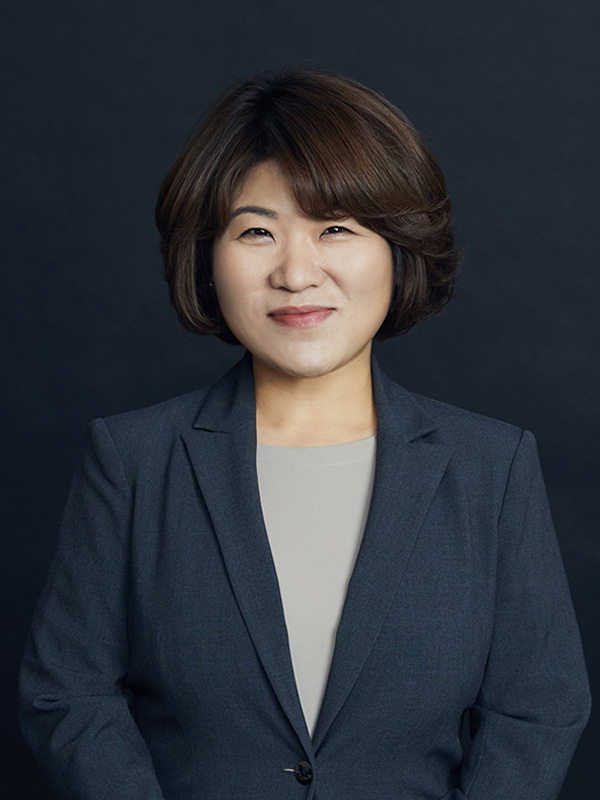The following are some of the most notable legal developments in Korea in 2024 and outlook for the year 2025 according to various field experts at JIPYONG.
1. M&A and Corporate Practice
In the beginning of 2024, the M&A market in Korea was expected to see a clear sign of recovery compared to the lows of 2023. This was due in part to the falling interest rates. However, toward the end of 2024, signs of recovery grew remote due to political uncertainties arising from both domestic and international factors. Against this backdrop, a number of high-profile take-private deals and hostile takeovers marked 2024 – the most notable being the highly publicized governance dispute over Korea Zinc.
For 2025, JIPYONG’s experts anticipate that Korea’s M&A market will continue its trajectory towards full recovery in 2025, despite continued political instability both at home and abroad. Notably, carve-out deals originating from companies with liquidity problems are expected to become more prevalent. Private equity funds are also expected to remain as key players in 2025.
2. IP / IT Practice
AI was the biggest buzzword of 2024 both in Korea and abroad. The year ended most fittingly with the passing of the AI Basic Act (the “Act”) bill on December 26, 2024, making Korea the second jurisdiction in the world after the EU to implement a comprehensive regulatory framework on AI.
In broad terms, the Act aims to safeguard fundamental rights of individuals while simultaneously promoting the development and use of AI. The Act distinguishes “high impact” AI from “generative” AI – a distinction which determines the set of obligations imposed on businesses developing or deploying AI under the Act. Most importantly, the Act requires foreign AI businesses meeting certain statutory threshold to designate a local representative in Korea.
The Ministry of Science and ICT is currently forming a task force for codifying the subordinate rules under the Act. A comprehensive guideline for the Act is expected to be completed by June 2025. The Act, which will come into force in January 2026, is expected to increase the costs of compliance and risk management for companies in industries likely to be most heavily impacted by the Act, such as AI medical devices and autonomous driving.
3. Antitrust & Competition Practice
The Korea Fair Trade Commission’s (“KFTC”) voluntary Compliance Program (the “Program”) underwent a major overhaul in 2024 when amendments to the Monopoly Regulation and Fair Trade Act and the Enforcement Decree of the same Act came into force in June 2024. Prior to 2024, the Program was based on the KFTC’s internal guidelines without a statutory basis, which reportedly deterred companies from participating in the Program. Following the amendments, participating companies can receive fine reductions of up to 20% and exemption from ex-officio investigations for two years. As a result, 2024 saw a significant increase in the number of companies adopting the Program, with the trend expected to continue well into 2025.
As for merger filings, one of the most high-profile cases of 2024 was the tech giant Kakao’s acquisition of the K-Pop behemoth SM Entertainment. This was particularly noteworthy as it was a case of first impression in Korea involving self-preferencing issues in a corporate merger. JIPYONG advised Kakao and Kakao Entertainment in this case and succeeded in obtaining a conditional approval from the KFTC in May 2024.
In 2025, uncertainties arising from political instability and sustained economic downturn will likely discourage disturbing the status quo. Pundits anticipate that the KFTC will focus on nonpartisan policies such as regulation of market-dominant online platforms.
4. Global Dispute Resolution
The Korea Commercial Arbitration Board (“KCAB”) has been continuing its efforts to modernize and adopt the latest trends of the global dispute resolution. For one, the KCAB’s International Mediation Rules came into effect on January 1, 2024, following the adoption of the United Nations Convention on International Settlement Agreements Resulting from Mediation in 2018. The KCAB also continued its efforts to amend the International Arbitration Rules (last updated in 2016). One of the novel mechanisms being considered is enhanced expedited procedure such as early determination.
On the cross-border litigation front, the Korean survivors and victims’ families of the sinking of the Hableány river cruiser in 2019 were awarded ground-breaking damages in the amount of 1.8 billion Hungarian Forints in March 2024 by the Metropolitan Court of Budapest – the largest ever judgment for mass catastrophes in Hungary’s history. JIPYONG, together with Hungary’s Oppenheim Law Firm, represented the plaintiffs in this landmark case.
Amidst the unstable political and economic climate across the world, it is anticipated that more parties will opt for “fast-track,” cost-conscious procedures in 2025.
5. Labor & Employment
The year 2024 was marked by a number of significant Supreme Court rulings concerning Korea’s labor law.
One such ruling expanded the scope of the Labor Standards Act (“LSA”). Originally, the LSA did not apply to companies with fewer than five employees, but in its judgment dated October 25, 2024, the Supreme Court held that two or more companies operating under the same management could be considered a single business for the purposes of the LSA – even if they were separate legal entities. Pundits say that the Ministry of Employment and Labor is considering ways to further expand the scope of the LSA’s applicability in 2025.
In addition, the Supreme Court’s en banc judgment on December 19, 2024 changed the criteria for determining what constitutes “ordinary wages” in Korea. The Supreme Court overturned an established precedent from 2013 and removed “fixedness” (i.e., whether the employee is paid as a matter of course and without consideration of whether any other conditions or criteria have been met) as one of the criteria for determining “ordinary wages.” This means that “ordinary wages” now include certain bonus payments if they are paid regularly and uniformly. Given the prevalence of such bonus practice in Korea’s workplaces, it is anticipated that a significant number of companies may adjust their practices to comply with this standard.

Jipyong News|KOREA LEGAL INSIGHT
2024 in Review & 2025 Outlook
2025.01.13
KOREA LEGAL INSIGHT
Korea’s Cash Subsidies and Tax Incentives: What Foreign Investors Need to Know in 2025
2025.03.17

